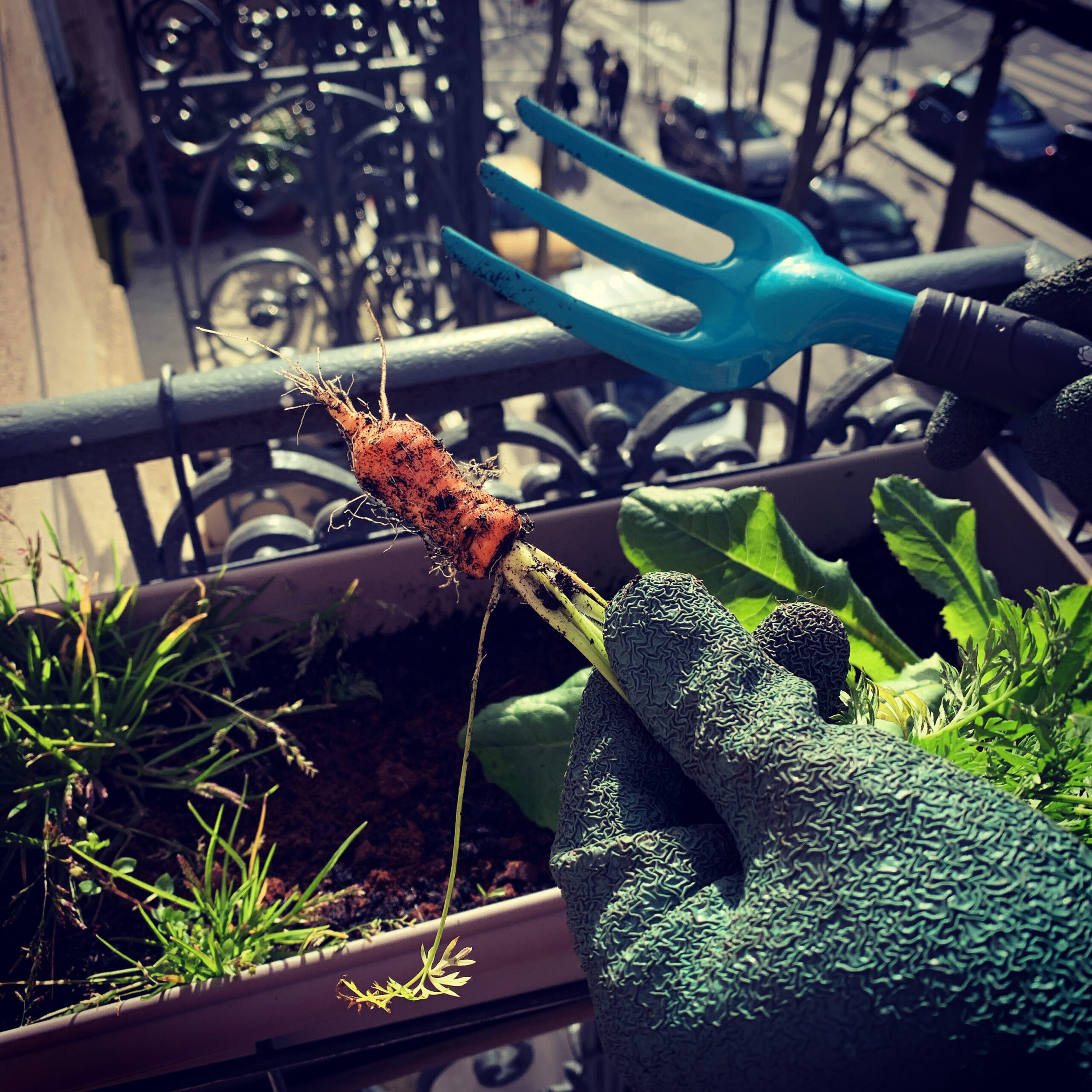Nutrition is one of the pillars of cancer prevention. It also plays an essential role as a complement to cancer therapies. Clinical research in the field of nutrition is advancing, establishing a solid evidence base. This evidence should also help debunk some of the myths and common misconceptions often spread online. To gain a better understanding of the link between nutrition and prevention, we asked Dr Alain Toledano, oncologist, chairman and co-founder of the Institut Rafaël, to give us an update.
The right nutrition for each phase
In cancer-related nutrition, there are three phases:
- primary prevention, which involves preventing the development of cancer by acting on modifiable risk factors such as diet, alcohol drinking, being overweight, and sedentary lifestyles or lack of physical activity;
- secondary prevention, which focuses on diet during treatment;
- tertiary prevention, which focuses on the post-cancer period.
Yes, adopting good eating habits reduces the risk of cancer
The issues of concern differ depending on whether you are in good health or have been diagnosed with cancer. In the first case, you might want to improve your diet to give yourself the best chance of avoiding cancer, because, it’s well worth repeating, 40% of cancers can be prevented by acting on certain modifiable lifestyle habits: alcohol, smoking, being overweight, and a sedentary lifestyle. Nearly 20% can be attributed to nutrition, and it is estimated that 5.4% are directly linked to our eating habits. In this field, misconceptions are hard to dispel: some people are seeking foods to protect them against cancer, while others are looking for foods to ban from their diets, leading to a “broccoli every day” or “goodbye chocolate spread forever” approach!
Science is making progress and is now providing us with data with a high level of evidence.
- Five factors increase the risk of cancer: alcohol, overweight and obesity, red meat and processed meats, foods preserved by salt, beta-carotene-based food supplements;
- Five factors reduce the risk of cancer: physical activity, fruit and vegetables, dietary fibre, dairy products, breast-feeding.
Where and how do you start?
What matters is not whether or not you eat a particular food, but your overall dietary and lifestyle habits. And that’s where it gets tricky: you need to eat a diversified, balanced diet (see nutrition article), eat as few ultra-processed foods as possible and use gentle cooking methods. It would be so much simpler if one or two foods were banned! But don’t worry, eating a balanced diet is easy: it starts with what you put in your shopping trolley, for example, and with making the right choices (see nutriscore opus nutrition article). And then we can go into the details. But we don’t start with the details concerning a particular food out of context since this only inspires a sense of obligation, like needing to eat broccoli every day.
Diet, a sedentary lifestyle, smoking, alcohol… factors that everyone can do something about!
Eating a balanced diet first means getting organised, and that can start right now. The same goes for a sedentary lifestyle: just put on your sneakers and walk to the market, for example. As for smoking and alcohol, some people will be able to cut down without difficulty, while others will need some help. All these measures to prevent cancer are equally valid for preventing chronic conditions like cardiovascular disease and diabetes. And if cancer does come into your life, the lifestyle changes will be the same, although the nutritional objectives may vary.
We would like to thank Dr Alain Toledano for his insights into the role of nutrition in cancer prevention. Adopting a balanced and varied diet can have a real impact on the development of cancer. However, it’s important to avoid feeling any sense of obligation or restriction with regard to a particular type of food. There’s no such thing as a “banned” food or a “must-eat” food, just good habits that anybody can adopt!
